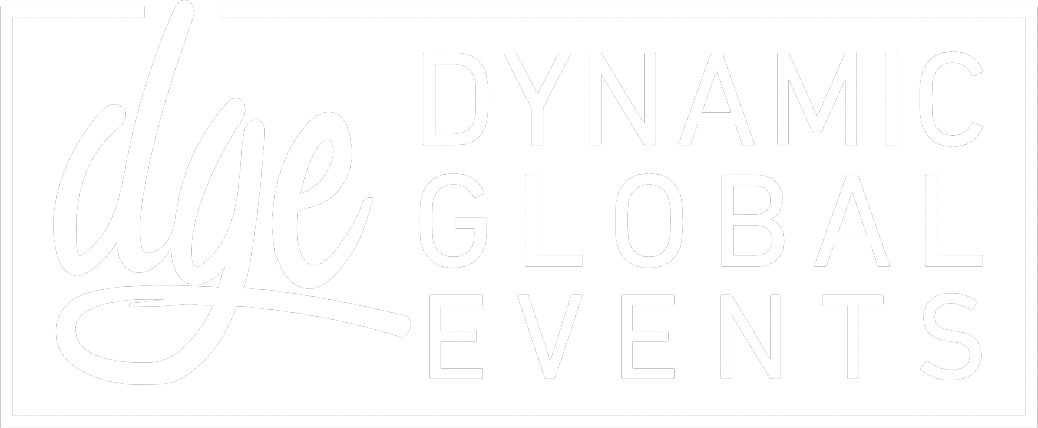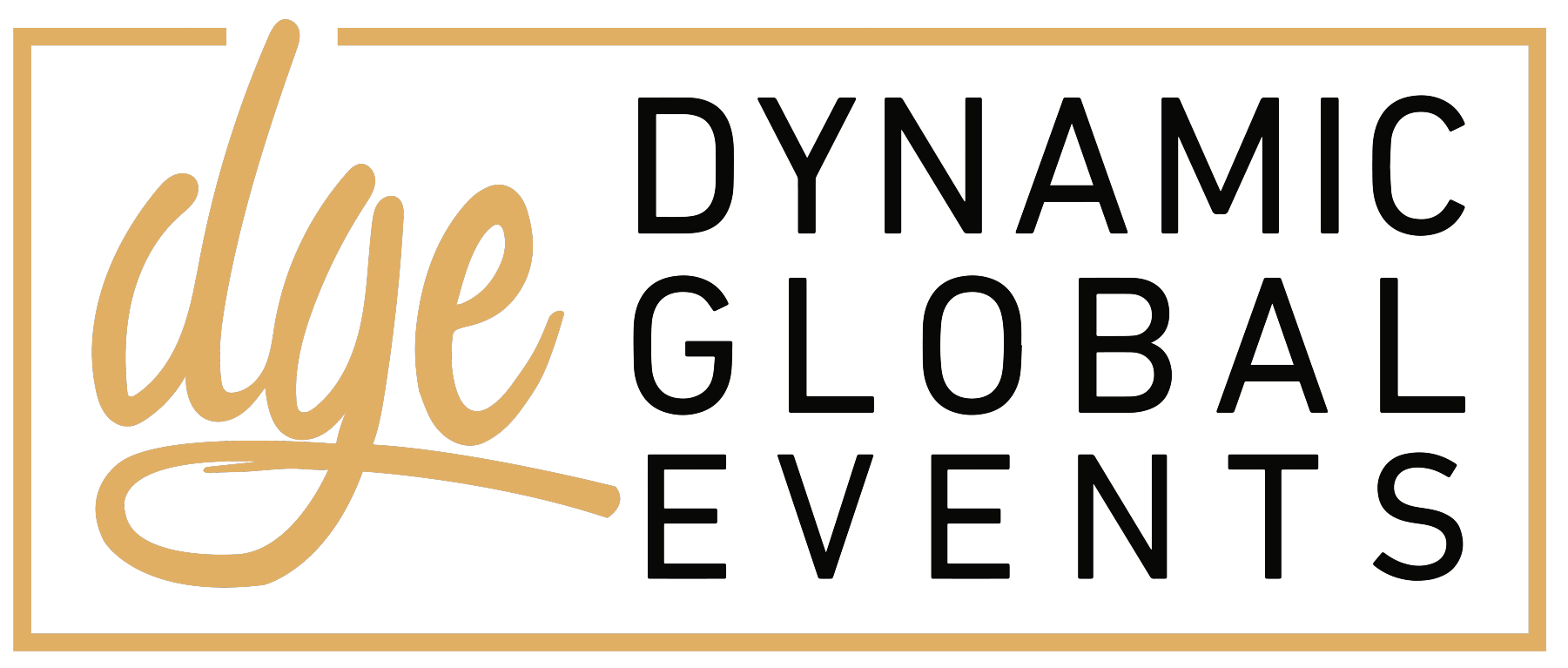The Department of Justice (DOJ) has introduced new guidance on compliance program effectiveness, including a dedicated focus on AI. Sort through what the guidance means in practice and how companies are responding.
- Key takeaways from the DOJ's AI-related compliance expectations
- Implement AI guardrails to ensure appropriate use in compliance programs
- Are companies adapting policies and oversight mechanisms
AI is reshaping compliance functions by automating routine tasks and improving data analytics. Examine how AI can enhance compliance efficiency while ensuring accountability.
- Use AI for monitoring, analytics, and compliance reporting
- Free up bandwidth: How AI co-pilots support compliance teams
- Evaluate simple AI tools to enhance compliance workflows
- AI-driven email summarization and document analysis for efficiency
- Using AI to process survey results and extract key insights
- Automating compliance reporting and risk assessments through AI tools
Applying real world compliance applications of AI has opened a new world of opportunities for teams to do more with less. This session will explore:
- Enhancing existing compliance responsibilities (i.e. Email/Text Monitoring, Policy/SOP Benchmarking, Compliance ChatGPT)
- Discuss how AI is becoming a compliance “Swiss Army Knife” from system implementations to AI Analytics
- Innovations in Compliance AI which are being realized today
Life sciences compliance officers must understand the modes and methods for testing AI to ensure regulatory adherence, mitigate risks and uphold ethical standards.
- Understand the modes and methods for testing AI
- Determine the complexity of those methodologies and modes and the systems needed for that
- Awareness for enterprise-wide difficulties in staffing related to the speed and costs related to AI advancement
AI-driven systems process vast amounts of sensitive data, raising significant privacy and compliance concerns. This session will address how organizations can align AI practices with global privacy laws.
- Evaluate how AI platforms handle patient and personal data under privacy regulations
- Assess the intersection of AI, risk management, and ethics in compliance
- Investigate practical steps for ensuring responsible AI data usage
AI often is the subject of governance, but it can also be a powerful tool to assist in the process of governance.
- Using AI to prepare and educate the Board and top executives
- Building new GRC self-serve resources for employees using AI
- Policy regulatory analysis with AI
- Threat modeling and risk identification using AI
As AI adoption accelerates, compliance teams must evolve to stay ahead. This session will focus on leadership strategies for navigating AI's growing role in compliance.
- Contemplate how executive leadership views AI risk and opportunity
- Discuss the evolving role of compliance professionals in AI governance
- Build expertise and cross-functional collaboration
Compliance teams play a big role in enabling the acceleration of innovation. The key is to operationalize teams with toolkits so they can innovate quickly with the confidence of staying compliant.
- Keep up with the acceleration of AI innovation
- How to ensure risk management doesn't block innovation
- Provide tools that guide compliance with standards and regulations
AI regulations in the life sciences industry continue to evolve quickly, shaping how companies develop and deploy AI-driven technologies. Gain insights into key legal and regulatory developments and what they mean for the industry.
- Understand the current U.S. approach to AI regulation in healthcare
- Lessons Learned from EU AI Act and its initial implementation
- Navigate legislative changes in data privacy, ethics, bias, and liability
- Building the Use of AI into effective Life Sciences Compliance Programs
As AI adoption accelerates across commercial operations, compliance professionals face the challenge of providing guidance on novel, complex technologies without hindering innovation. This session delivers a practical framework for identifying and assessing the need for risk management strategies in the commercial and biotech space.
- Understand a practical taxonomy of AI tools relevant to commercial applications
- Identify adoption and risk patterns relevant to biotech commercial operations
- Help commercial teams understand process gaps and key risks associated with AI use
The rapid acceleration of AI advancements in life sciences is compounding its impact, driving a fundamental shift in strategy and compliance. This session offers a forward-looking view into near-term AI developments that are poised to reshape the field.
- How autonomous, agentic AI systems and reasoning-based approaches are amplifying innovation at an exponential pace
- How advances in training and optimization strategies—including ensemble techniques and open-source model tuning—can drive compounding improvements in AI capabilities
- How increased context and advanced methods (e.g., ensemble, open-source, end-to-end testing) can yield more robust evaluation and trust
AI adoption introduces new challenges in privacy, compliance, and vendor due diligence. This session will discuss strategies for managing risk while leveraging AI's potential.
- Privacy and compliance risks in AI-driven decision-making
- Vendor selection: Assessing new AI providers vs. established technology partners
- Third-party due diligence: Evaluating AI tools for regulatory and ethical risks















